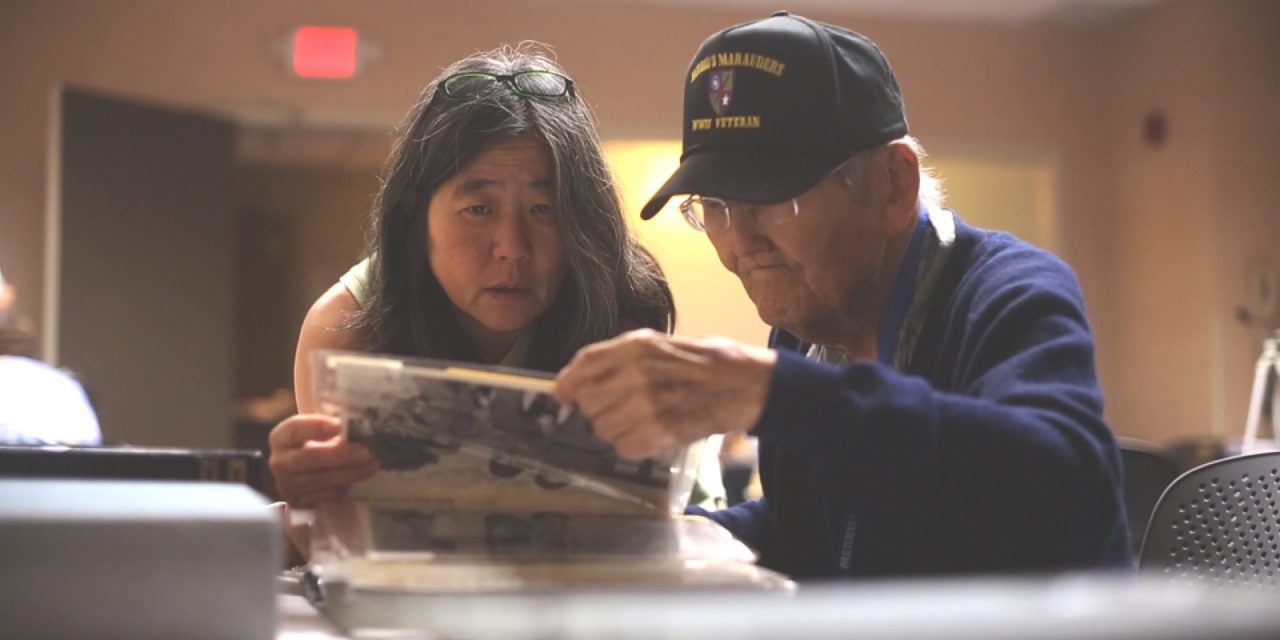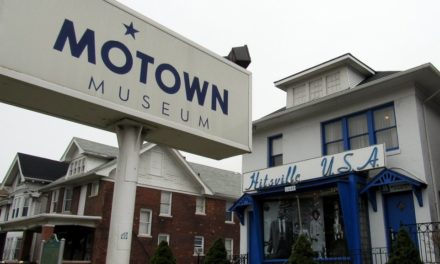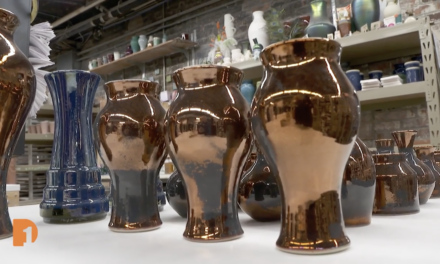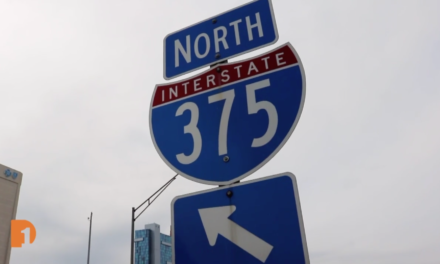The Registry
In their last years, some Japanese American veterans try to preserve their legacy
“Who will remember us when we’re gone?” asks 90 year-old Seiki Oshiro, who helped put together the only comprehensive list, a registry of members of the secret Japanese American U.S. Army unit that fought in the Pacific during World War II.
A new documentary airing tonight on DPTV called The Registry by Midwest filmmakers Bill Kubota (Detroit Public TV’s One Detroit) and Steve Ozone profiles veterans who served in the secret Military Intelligence Service (M.I.S.).

Grant and Millie Ichikawa circa 1946
Thousands of Japanese Americans volunteered for join the M.I.S. to serve and interpreters and interrogators knowing they might come face to face with people of their parents’ homeland.
Some came from Hawaii, others from U.S. concentration camps where all people of Japanese ancestry from the west coast were placed during the war.
Military scholars say the M.I.S. shortened the war by two years yet the unit is little known because the veterans were told the M.I.S. operation was military secret they could not talk about.
Seiki Oshiro of Burnsville, MN and Grant Ichikawa of Vienna VA, both featured in the film, mined government files and databases to create a massive spreadsheet as the U.S. Army had never done it.
Oshiro volunteered for the M.I.S. from a Hawaiian sugar plantation. The G.I. bill brought him to the mainland, where he’d become a computer programmer.
His registry partner, Grant Ichikawa grew up from California, was sent to a concentration camp in Arizona. From there he volunteered for the M.I.S., serving in Australia, the Philippines and Japan after the war.
Roy Matsumoto’s fought with the celebrated Merrill’s Marauders, a U.S. Army unit that went behind enemy lines in Burma. Matsumoto saved his whole unit but was overlooked for the Medal of Honor because a commanding officer said he wouldn’t award one to a “Jap”.

Roy Matsumoto (Right) in Burma
Roy turns 100 years old in the film and with the help of her daughter Karen, attends a reunion with the Marauders. Karen, a self-described ‘Berkeley radical’, must come to terms with the life Roy led but she still wonders how he really feels about what happened to him during the war.
The Registry explores generational issues common not just to Japanese American families, but to many American families as they watch the last of the “greatest generation” pass on.
The filmmakers spent precious time with veterans in their last years, all who want to see their legacy live on. Through the registry their children and grandchildren will have something to turn to.
The Registry runs one hour, shot on location in the states of Washington, Oregon, California, Arizona, Minnesota, Hawai’i, Virginia, Maryland and Washington D.C.
It was directed by Bill Kubota and Steve Ozone.
Produced by KDN Films of Madison Heights Michigan and Steve Ozone.
Funding by the Center for Asian American Media and the National Park Service Japanese American Confinement Sites Grant Program.
Also airing tonight after The Registry on DPTV:
10pm – Michigan: Our Vietnam Generation (local): The documentary focuses on the struggles experienced by Michigan Vietnam veterans who received a much different homecoming than other generations. Depicted will be some veterans who were able to become successful business and community leaders, and others who still suffer from haunting memories or wounds.
11pm – Pearl Harbor: USS Oklahoma -The Final Story: Explore what happened to the USS Oklahoma, the only battleship to capsize during the Pearl Harbor attack. Examine new details about what may have caused the ship to overturn and hear stories from Oklahoma survivors and families of those lost.





